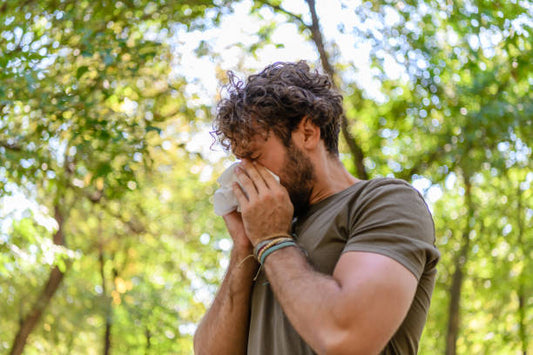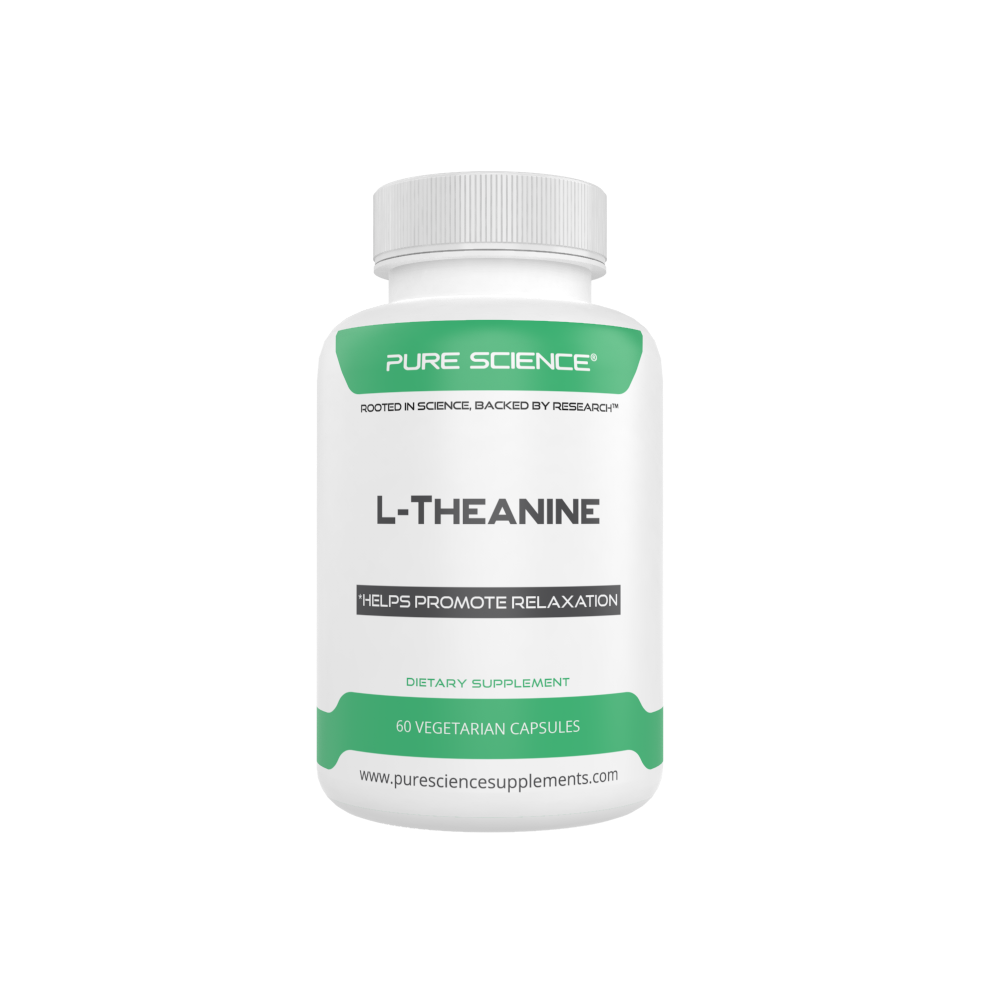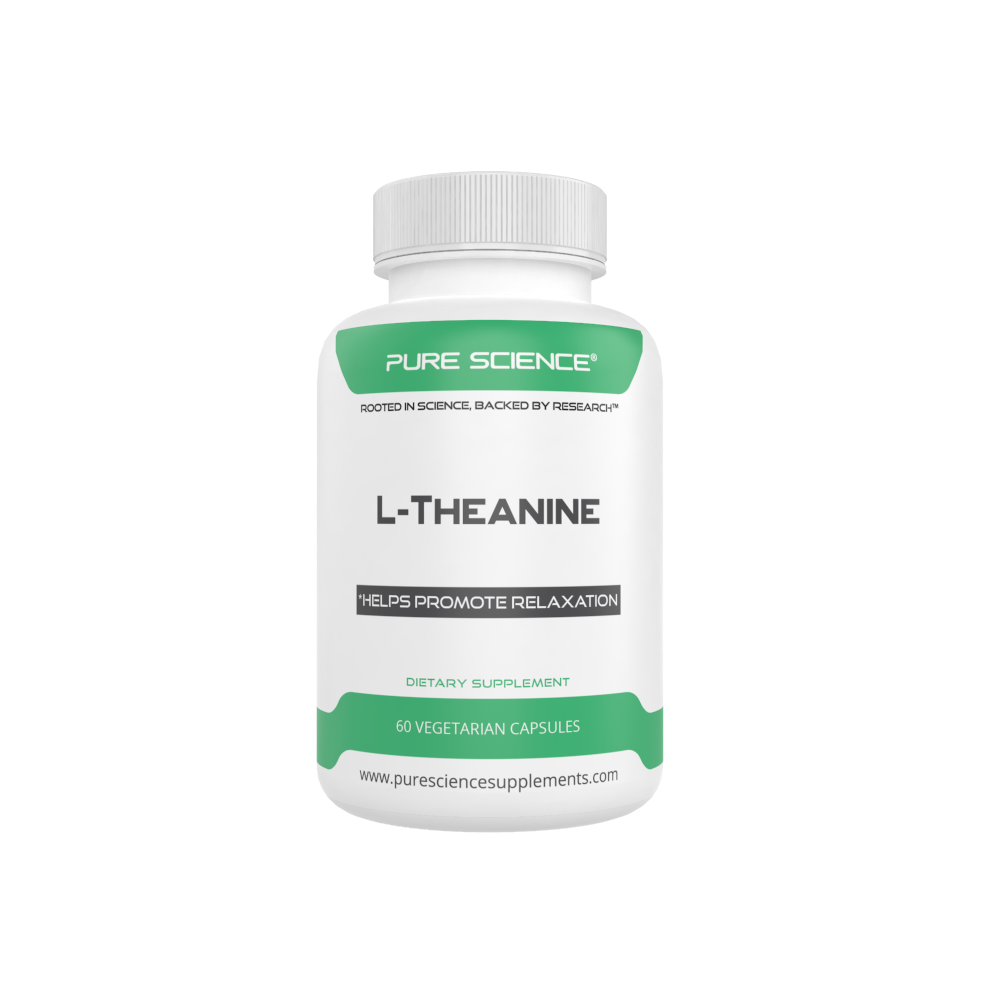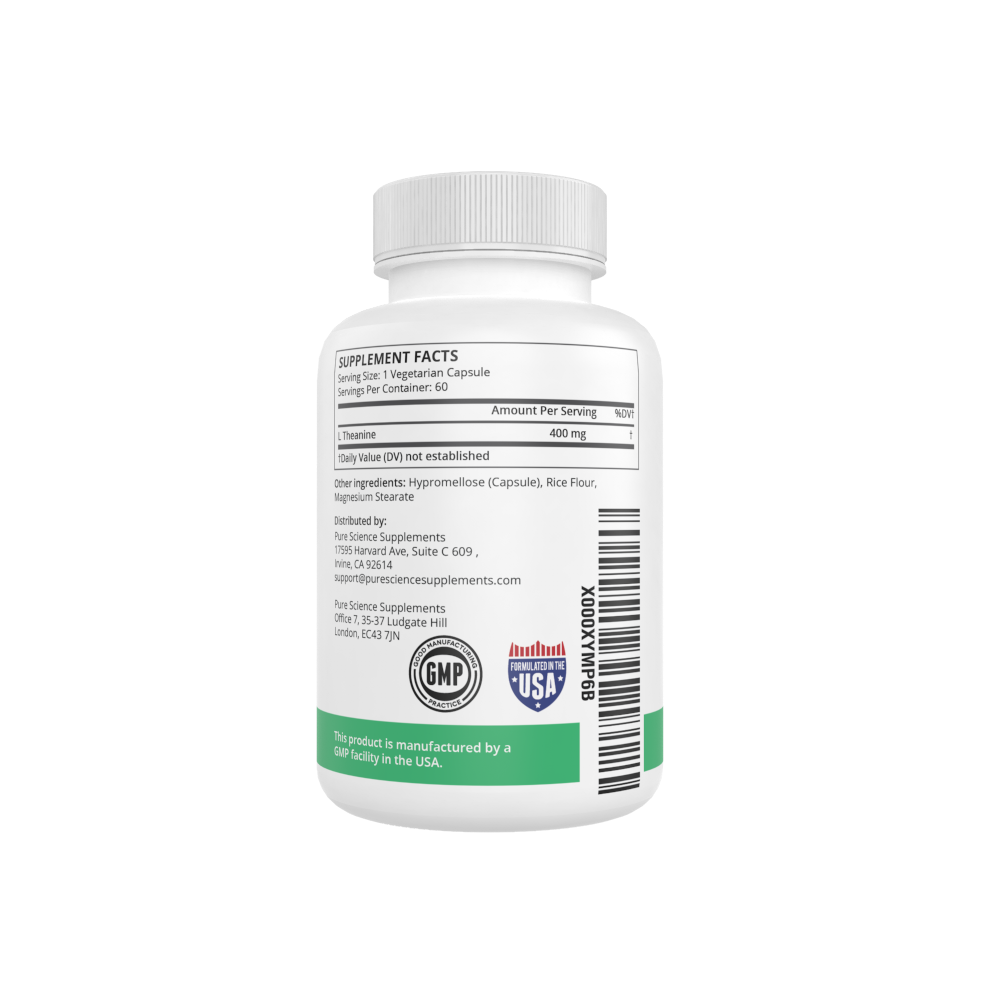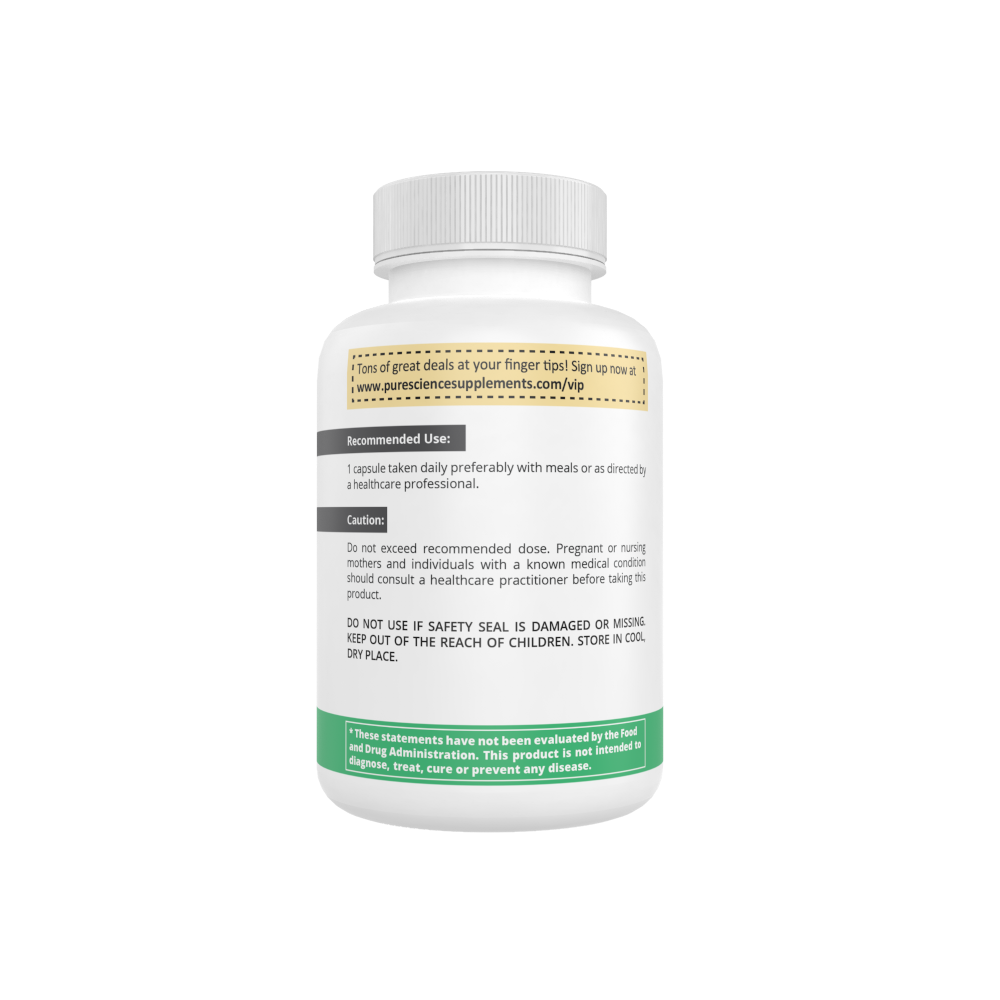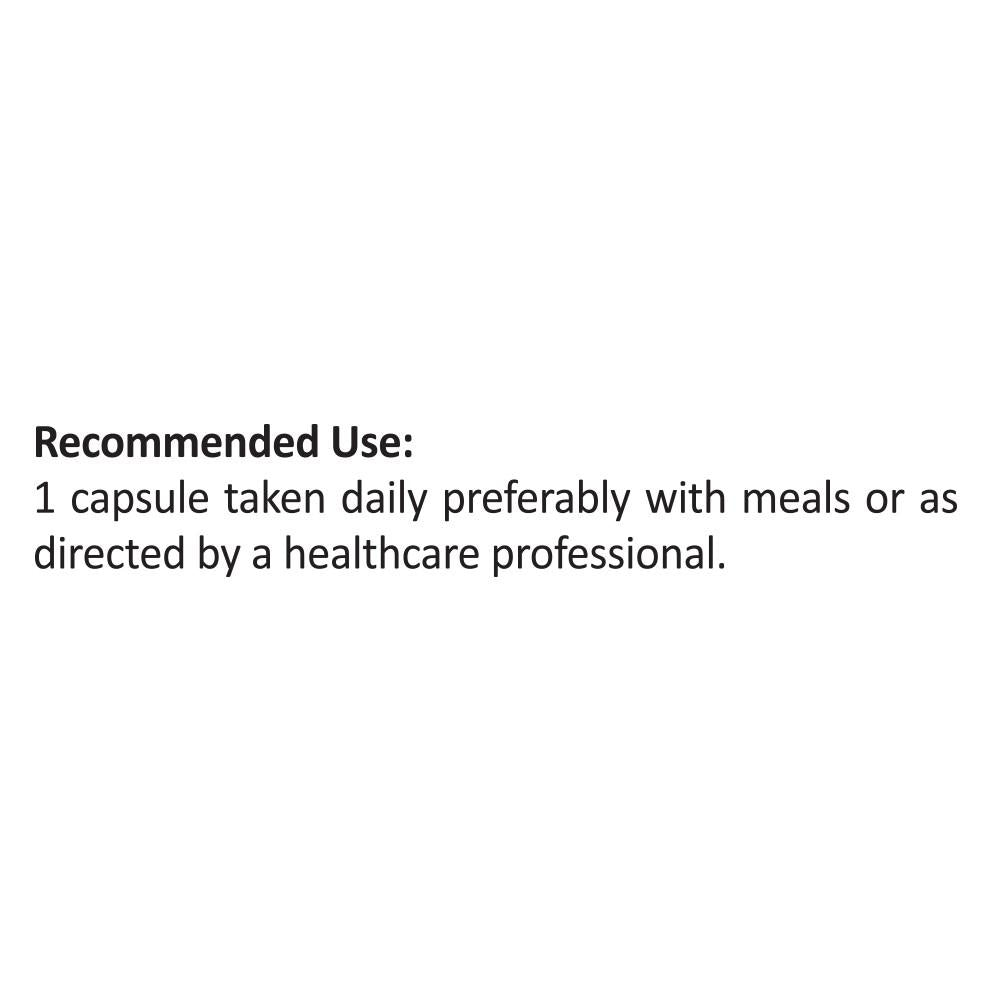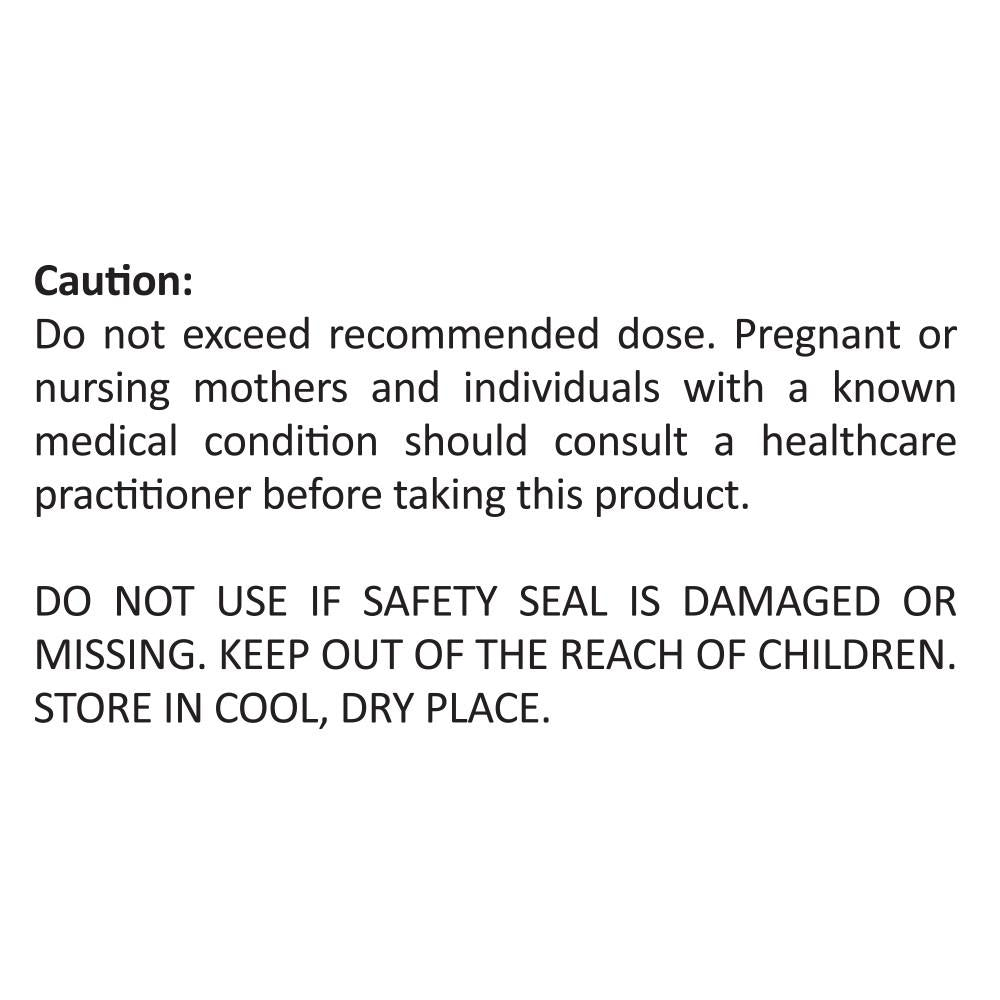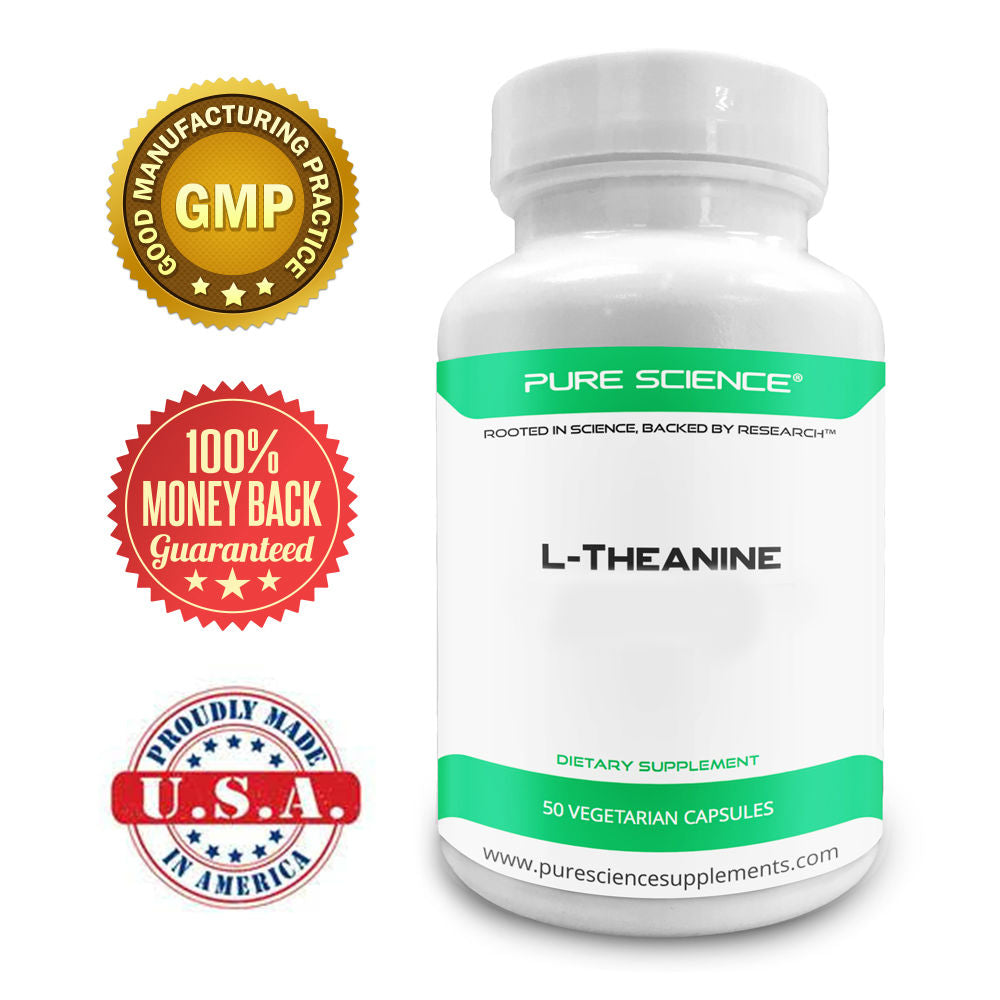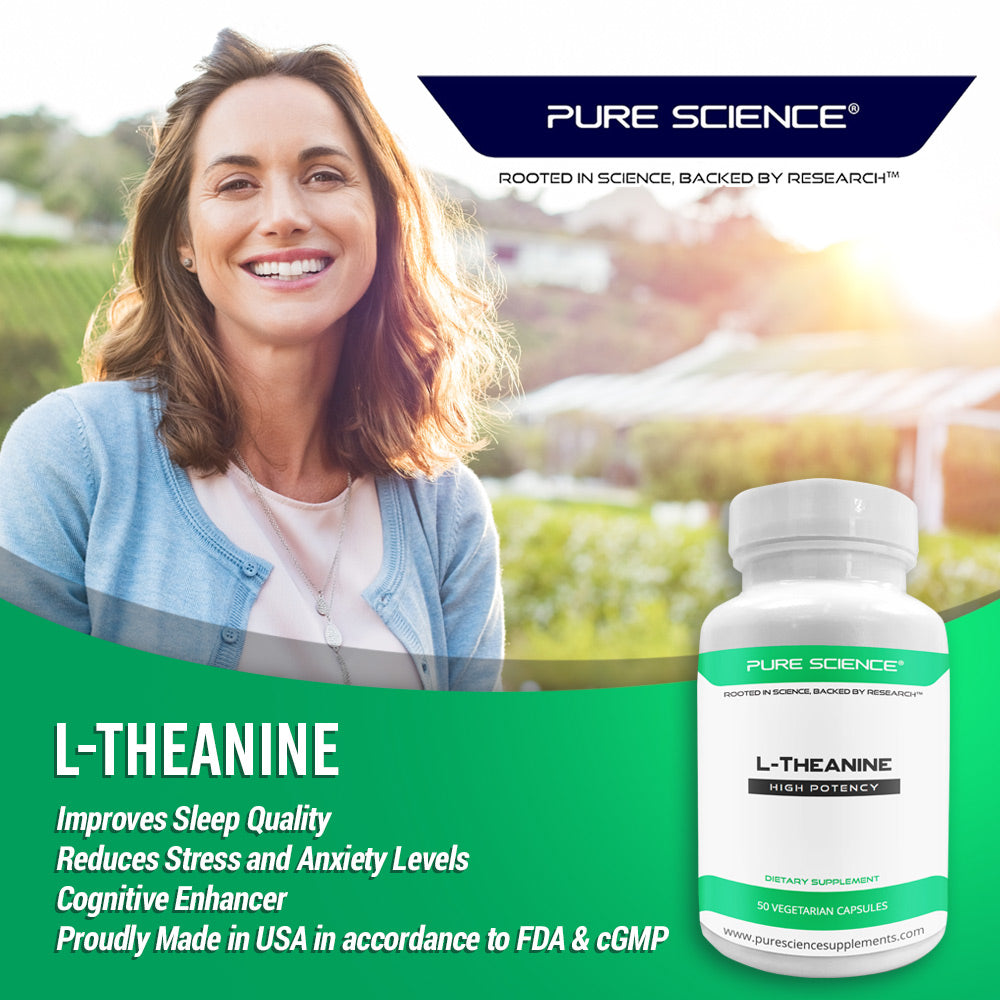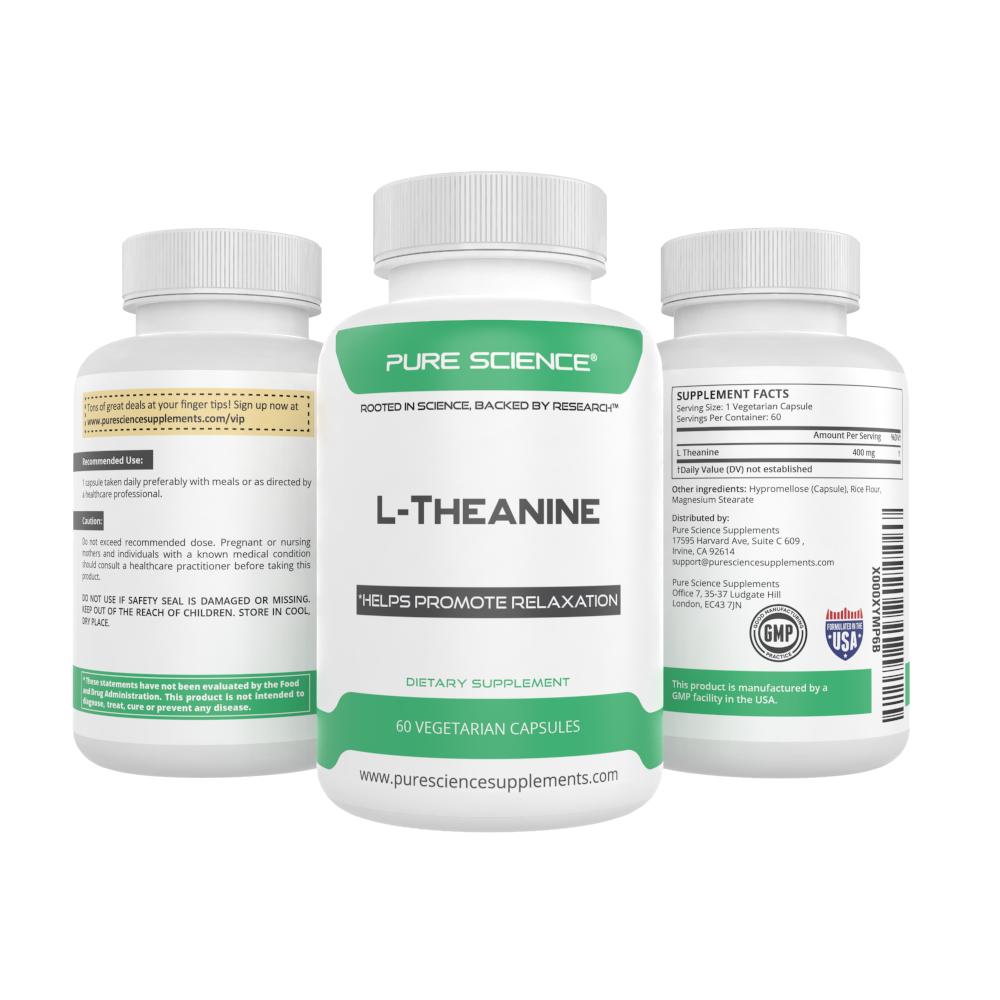Anxiety disorders are a group of mental health conditions characterized by persistent, excessive, and irrational worry or fear. These feelings can be so intense and persistent that they interfere with daily activities and can be distressing for those who experience them. Generalized anxiety disorder (GAD) is a specific type of anxiety disorder that is characterized by excessive worry about a variety of topics, such as personal health, work, relationships, or finances.
The symptoms of GAD can include:
- Excessive worry about multiple events or activities, even when there is little or no reason for worry
- Difficulty controlling worry
- Restlessness or feeling on edge
- Difficulty concentrating
- Irritability
- Tiredness
- Muscle tension or muscle aches
- Sleep disturbances
If these symptoms are present on most days for at least six months, and they interfere with daily life, a diagnosis of GAD may be made. It is important to seek help from a healthcare provider if you are experiencing persistent anxiety, as it can be treated and managed effectively with a combination of medications, therapy, and lifestyle changes.
History
L-theanine is an amino acid found naturally in tea leaves. It has been used in traditional medicine in Asia for centuries and is known for its calming effects. In recent years, L-theanine has gained popularity as a supplement for the management of anxiety and stress.
How it works
L-theanine is an amino acid found naturally in tea leaves, particularly green tea. It is thought to work by increasing levels of certain neurotransmitters in the brain, such as serotonin and dopamine, which are associated with feelings of happiness and well-being. L-theanine may also have an effect on the brain's alpha waves, which are associated with relaxation.
In addition to its effects on neurotransmitters and brain waves, L-theanine may also have a number of other effects on the body. It may have an anti-inflammatory effect, and it may also help to reduce blood pressure.
While the exact mechanism of action of L-theanine is not fully understood, it is thought to work by modulating the activity of certain brain regions and neurotransmitter systems, leading to its calming and relaxing effects. More research is needed to fully understand the effects of L-theanine and how it works in the body.
Studies and result
Several studies have been conducted to explore the effects of L-theanine on anxiety. One small study, published in the journal Biological Psychology in 2007, involved 12 participants with high levels of anxiety. The study found that L-theanine was effective in reducing anxiety symptoms, as measured by the State-Trait Anxiety Inventory (STAI). The participants took 200 mg of L-theanine twice per day for six weeks.
Another study, published in the journal Alternative Medicine Review in 2011, involved 48 children with attention deficit hyperactivity disorder (ADHD) and high levels of anxiety. The study found that L-theanine was effective in reducing anxiety and improving sleep quality in the participants. The children in the study took 200 mg of L-theanine once per day for eight weeks.
Overall, these studies suggest that L-theanine may be effective in reducing anxiety symptoms, at least in the short term. However, more research is needed to fully understand the long-term effects of L-theanine and to determine the optimal dosage for the treatment of anxiety.
Recommended Dosage
The appropriate dosage of L-theanine will depend on the individual and the condition being treated. In the studies mentioned above, dosages of 200-400 mg per day were used. It is important to consult with a healthcare provider before starting any new supplement, as L-theanine may interact with certain medications and could have potential side effects.
Conclusion
L-theanine is a natural compound found in tea leaves that has been shown to be effective in reducing anxiety symptoms in some studies. While more research is needed to fully understand its effects and appropriate dosage, it may be worth considering as a natural option for the management of anxiety.
Reference
- Kimura K, Ozeki M, Juneja LR, Ohira H. L-Theanine reduces psychological and physiological stress responses. Biological Psychology. 2007;74(1):39-45.
- Lyon MR, Kapoor MP, Juneja LR. The effects of L-theanine (Suntheanine®) on objective sleep quality in boys with attention deficit hyperactivity disorder (ADHD): a randomized, double-blind, placebo-controlled clinical trial. Alternative Medicine Review. 2011;16(4):348-354.


